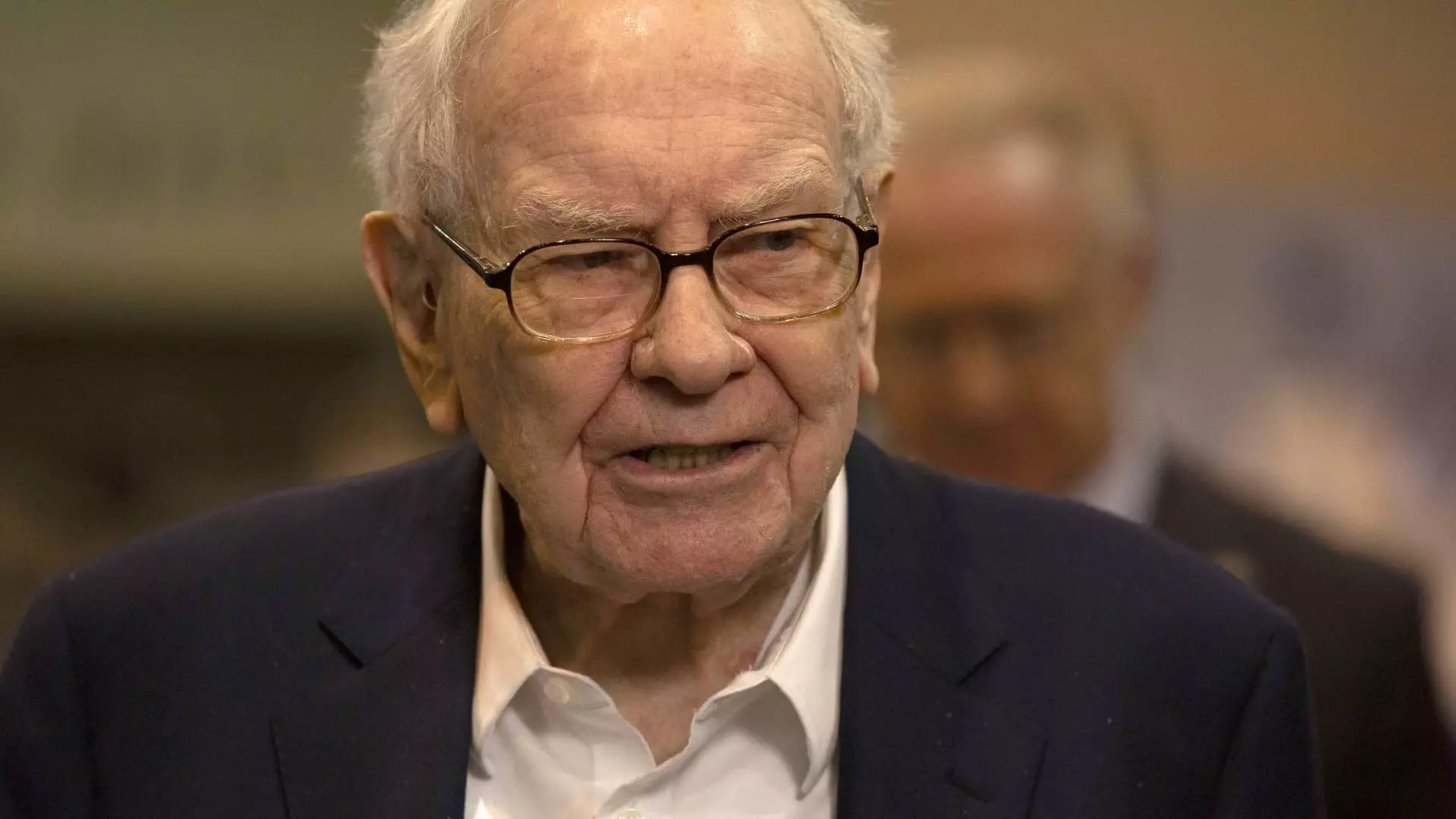Warren Buffett’s Berkshire Hathaway has made headlines once again, as the company’s cash reserves surged past $300 billion, reaching an impressive $325.2 billion by the close of the third quarter. This remarkable financial growth stems from consistent stock sales rather than aggressive repurchasing of shares. This article will delve deeper into Berkshire Hathaway’s current cash strategy, the implications of its stock-selling activity, and its broader market positioning.
Berkshire Hathaway’s cash position represents a strategic choice that Buffett has made in the face of various market conditions. By increasing its cash reserves significantly—from $276.9 billion in the previous quarter to over $325 billion—Buffett’s firm is not just haphazardly increasing liquidity; it reflects a well-calibrated stance towards market fluctuations and potential investment opportunities. This cash pile positions Berkshire as a financial fortress, enabling it to capitalize on opportunities as they arise while maintaining a buffer against unexpected market downturns.
A key component of this growth is Buffett’s decision to sell high-profile equities. Over the third quarter, Berkshire Hathaway reduced its stake in Apple, one of its most significant investments, by about 25%. This marked a fourth consecutive quarter during which the company has reduced its investment in this tech giant. Additionally, the offloading of long-held shares in Bank of America have netted over $10 billion since mid-July. Such moves point to a deliberate strategy on Buffett’s part to liquidate portions of his equity positions while maintaining a robust cash balance.
Stock Selling vs. Repurchases: A Notable Shift
An interesting aspect of Berkshire Hathaway’s recent performance is its stark contrast between stock-selling and share repurchase activities. Historically, Buffett has actively engaged in share buybacks, but the current quarter saw no such movements, marking a significant change in strategy. While the company did repurchase $345 million worth of its own shares in the second quarter, this amount was notably lower than the $2 billion buybacks during each of the previous two quarters.
This lack of share repurchases during a period of significant stock selling raises questions about Buffett’s outlook on the market. By refraining from buybacks, Buffett seems to prioritize maintaining a cash reserve over leveraging it to buy back underperforming shares. This approach may suggest that he perceives potential future investment opportunities as perhaps more lucrative than repurchasing Berkshire’s own stock at current valuations.
Despite the notable cash accumulation and recent stock sales, Berkshire Hathaway has managed to outperform broader market indices. With a 25% increase in Class A shares this year, the conglomerate has eclipsed the S&P 500, which returned 20.1% over the same period. Achieving a $1 trillion market cap is a significant milestone, indicating investor confidence despite any bearish signaling from Buffett’s selling practices.
However, recent earnings reports unveiled a slight decline in operating earnings—down by about 6% year-over-year—primarily attributed to underperformance in insurance underwriting. This aspect reflects inherent volatility within specific segments of the conglomerate’s vast portfolio. It’s noteworthy that, as the stock market thrives on the optimism of economic recovery and lowered interest rates, Buffett’s conservative approach suggests a lack of complete alignment with the broader market sentiment.
Buffett’s recent selling spree appears to be informed by external economic factors, particularly the anticipated changes in capital gains tax rates due to rising fiscal deficits. Notably, market experts have expressed concerns over governmental financial policies as the fiscal deficit continues to balloon. This backdrop frames Buffett’s actions as not merely managerial decisions but as strategic capitulations to potential tax implications that may soon affect investors.
As Buffett and his fellow investors anticipate policy changes post-election, the uncertain landscape may further shape Berkshire’s cash strategy. In this light, amassing cash becomes not just a buffer, but pivotal preparation for reacting to upcoming market changes.
Through the lens of cash accumulation, stock selling, and a cautious examination of fiscal landscapes, Berkshire Hathaway continues to solidify its position as one of the most strategic players in the market today. As Buffett grapples with a compelling mix of opportunity and risk, the decisions he makes now could have lasting implications for the investment community.

